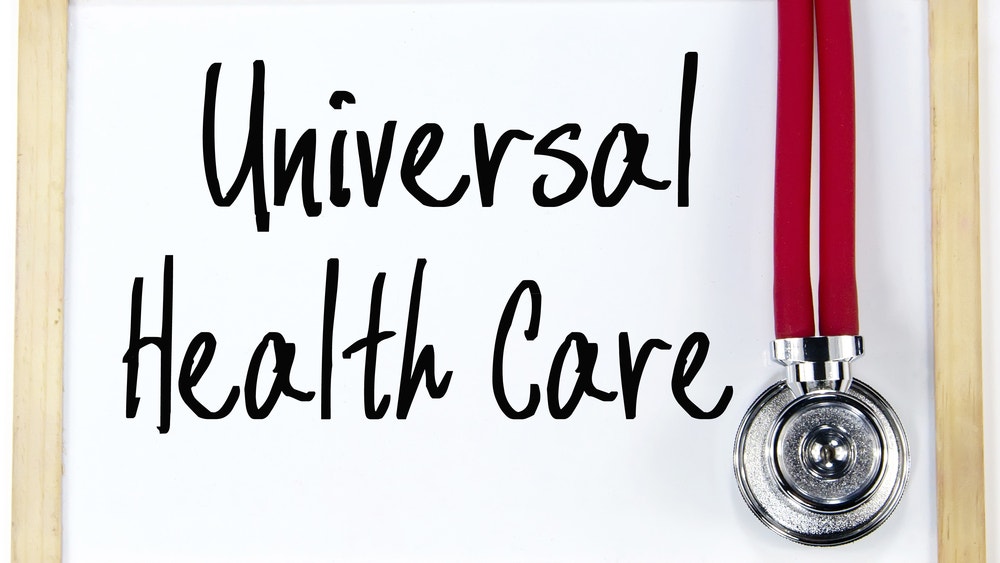- I Built a 6-Figure Net Worth by 25 With a Savings Tip From My Parents
- Woman’s Response to Mom Asking to Access Her Savings Account Applauded
- Savings decision “cannot be undone”
- Ohio Treasurer to Offer Enhanced Ag-LINK Savings for Farmers Impacted by 2024 Drought
- 10 Actionable Tips To Increase Your Retirement Savings In 2025
Universal healthcare has been debated in the United States for decades. A study from Yale University after the pandemic sheds light on its potential impact, the costs and benefits of adopting it and the lives it could have saved.
Bạn đang xem: What It Would Cost The U.S. To Implement Universal Health Care
According to the study published by Yale researchers, more than 335,000 lives could have been saved from the start of the COVID-19 pandemic through March 2022 if the U.S. had a universal single-payer healthcare system. In 2020 alone, during the height of the pandemic, the study reported that 212,000 deaths could have been prevented.
Don’t Miss:
The study also revealed the potential economic benefits of a universal system like Medicare for All. In 2020, it could have saved the U.S. about $105 billion in COVID-19-related hospitalization costs. Beyond the pandemic, researchers estimate that universal healthcare could reduce national healthcare expenses by $438 billion annually during a typical year.
The Yale study determined the following factors would contribute to this potential cost savings:
-
Better access to preventive care: Catching and managing chronic conditions earlier would allow patients to avoid costly emergency treatments.
-
Lower administrative overhead: Single-payer systems streamline billing and reduce bureaucracy, saving billions.
-
Xem thêm : Norway Savings Bank donates surprise $1,000 to Greater Portland Immigrant Welcome Center
Price negotiations: Giving Medicare more control over negotiating drug and service prices could lower costs.
Alison Galvani, Ph.D., director of Yale’s Center for Infectious Disease Modeling and Analysis and lead author of the study, said, “Americans are needlessly losing lives and money. Medicare for All would be an economic stimulus and life-saving transformation of our health care system.”
See Also: Deloitte’s fastest-growing software company partners with Amazon, Walmart & Target – Many are rushing to grab 4,000 of its pre-IPO shares for just $0.26/share!
While the Yale study covered many potential benefits of universal healthcare for the U.S., transitioning to this system would have challenges. An article published by the National Library of Medicine outlined some of these challenges:
-
Implementing universal healthcare would require substantial upfront costs as the current healthcare infrastructure must undergo complete reform.
-
Funding universal healthcare would likely require higher taxes. Past proposals for this system have included increases in payroll and income taxes.
-
The U.S. would have several logistical hurdles to overcome, including significant regional disparities that would make ensuring an equitable system difficult.
Nguồn: https://poissondistribution.lat
Danh mục: News





